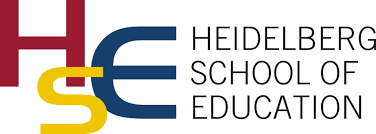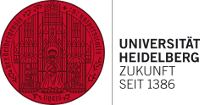Editorial
Identifiers (Article)
Abstract
Transculturality has developed as an antithesis to the perception that ‘culture’ can be defined by (geographical) borders, national divisions or a center-periphery dichotomy, and has rather emphasized processes of exchange, interaction, complexity and translation in the past and present. A transcultural approach, thus, goes beyond the ideas of inter- or multi-culturalism and offers a recalibration of perspectives, a self-reflexive shift and a reconsideration of global entanglements. The importance of transculturality as a productive concept for future teachers becomes particularly apparent when considering e.g. the work by Mary Louise Pratt, who defined classrooms as “contact zones”, i.e. “social spaces where disparate cultures meet, clash, and grapple with each other, often in highly asymmetrical relation of domination and subordination” (Pratt, 1991, p. 34). Learning with and from each other may therefore pose a certain challenge to the more traditional power relations that govern hierarchical classroom settings. To embrace the notion of transcultural educational spaces then means to facilitate learning to happen without harm to people, place or time. With this in mind, a focus on transculturality in teacher education should rest on a critical apprehension of inherited historical entanglements, present-day power disparities and an attempted future which hopefully will be more just. Applying a transcultural perspective to teacher education may help us in constructively re-examining discourses on race/ethnicity, gender, class, age and (dis)ability, challenging concepts such as ‘normal’ and ‘other’, recognizing global interconnectedness and recommending a relational approach to the linguistic, social, economic, political and environmental aspects of our everyday and professional lives. Moreover, it may affirm pre- as well as in-service school teachers on their way to become and remain reflective, culturally sensitive and open-minded educators, who fulfil a highly demanding task for our society and its future, namely to empower school children to competently address the major societal challenges of their times. The contributions gathered here address various ways in which a transcultural approach can enrich teaching and learning practices. The authors differ considerably in their styles as well as in their perspectives, yet we as editors consider this diversity a suitable reflection of the main concept of this special issue: In a truly transcultural manner it aims at bringing together university lecturers, in-service as well as pre-service teachers, teacher educators and students in a debate which strives to apply the notion of transculturality to learning spaces and to think of ways how it can foster teacher education.
Statistics






